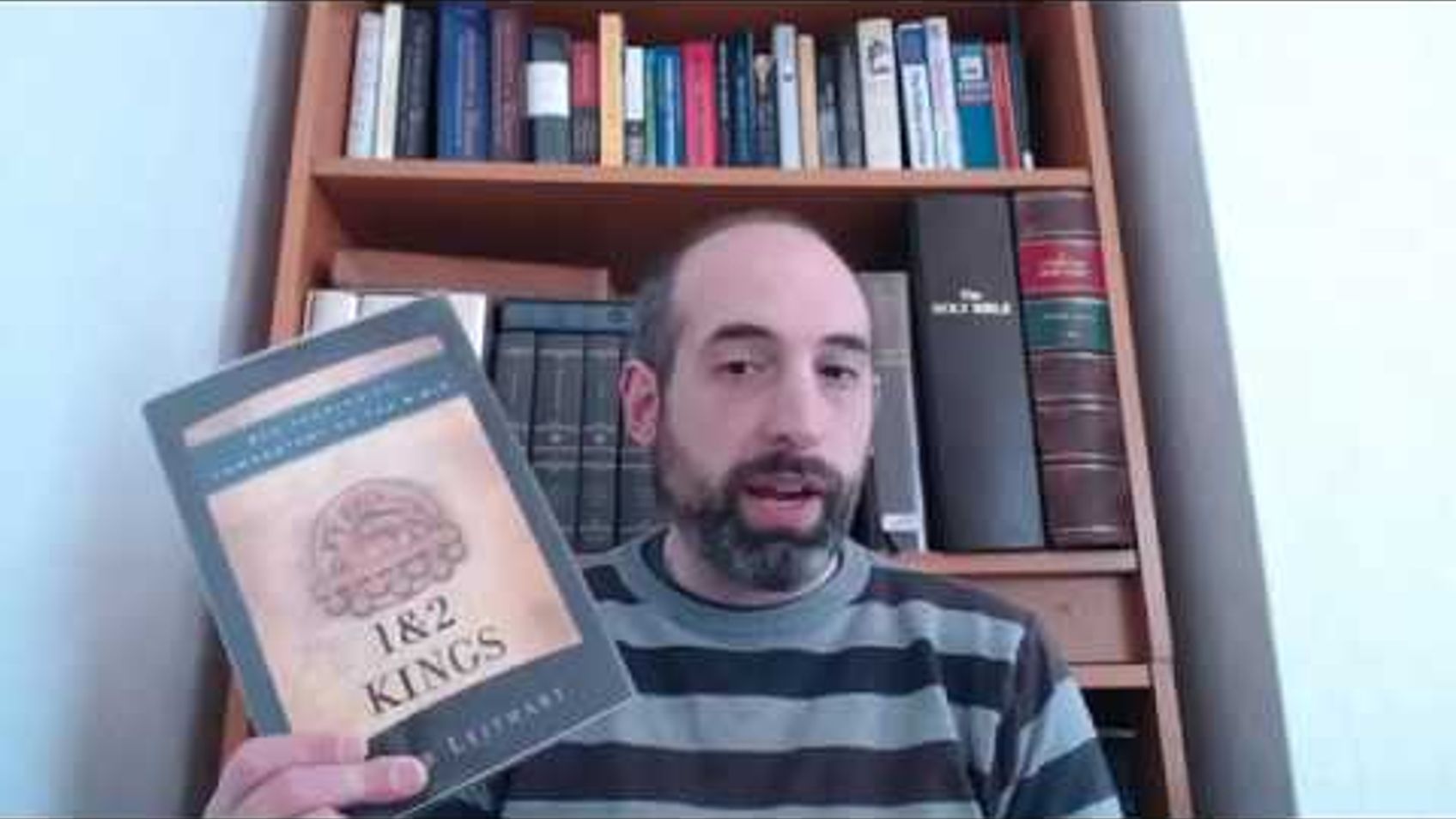Q&A#106 Human Sacrifice and Divine Wrath in 2 Kings 3

Today's question: "I was reading 2 Kings 3 which discusses the war with Moab, and I was struck by how the story ends - Elisha seems to prophesy success, at least he counsels engagement, Israel does succeed, but at the end King Mesha sacrifices his son and “great wrath” comes against Israel, driving them back. Two questions arose from this ending. What do you think is going on in this story, as it ends abruptly and unexpectedly? And how do you make sense of the victory that seems directly linked to child sacrifice? The ESV study Bible comment claims that this great wrath must have been the wrath of the Moabites, but that interpretation doesn’t sit well with me given the way the text invoked a kind of “divine passive” of sorts. Do you think there is some sort of real demonic response here? How might that affect the way we view the competing gods of the Old Testament and the competing spiritual practices of the present day?"
Within this video, I recommend Peter Leithart's commentary on 1 and 2 Kings: https://amzn.to/2EdBffe. I have also written a book on Echoes of Exodus: https://amzn.to/2IiA3eF.
My blog for my podcasts and videos is found here: https://adversariapodcast.com/.
If you have any questions, you can leave them on my Curious Cat account: https://curiouscat.me/zugzwanged.
If you have enjoyed these talks, please tell your friends and consider supporting me on Patreon: https://www.patreon.com/zugzwanged. You can also support me using my PayPal account: https://bit.ly/2RLaUcB.
The audio of all of my videos is available on my Soundcloud account: https://soundcloud.com/alastairadversaria. You can also listen to the audio of these episodes on iTunes: https://itunes.apple.com/gb/podcast/alastairs-adversaria/id1416351035?mt=2.
More From Alastair Roberts
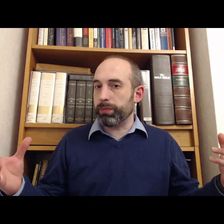
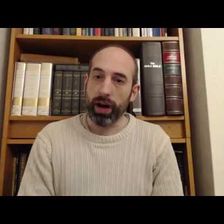

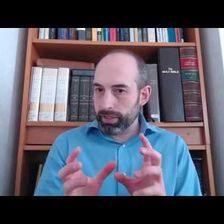
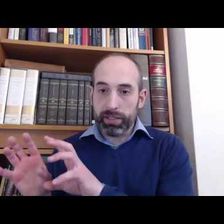

More on OpenTheo















